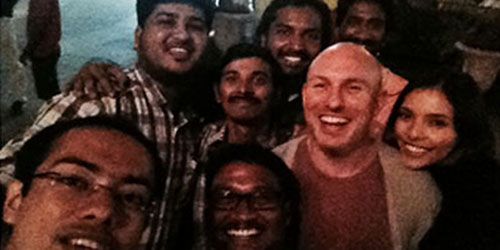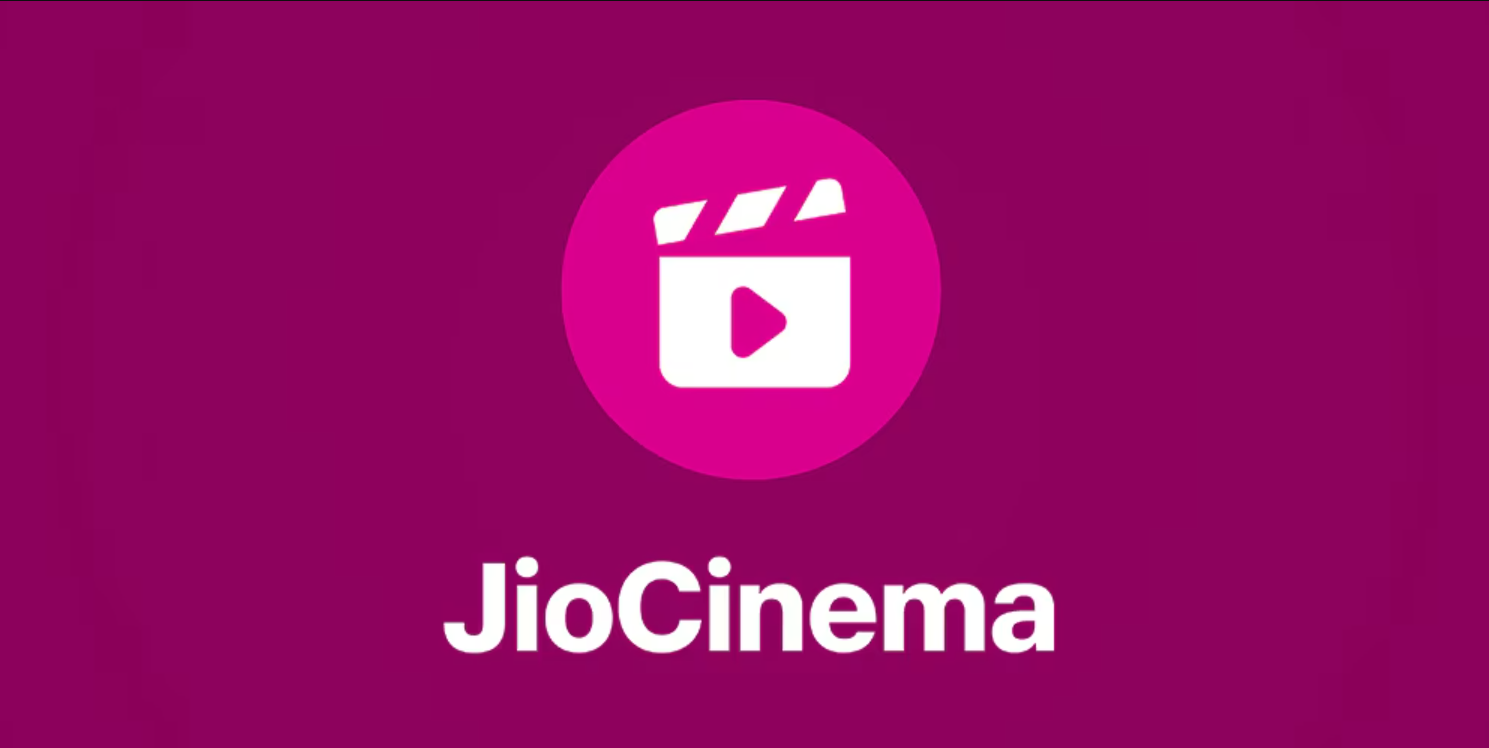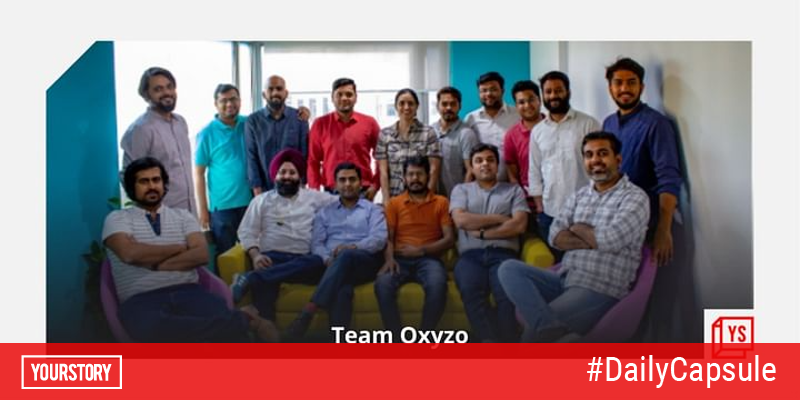Make it REEL with the lightest video-sharing startup
The story of Reel is is built on the idea that videos are channels to share moments, cutting off time and space limits. Meera and her partner Adam, who currently work between London and Bangalore, began to think about video-sharing because they both travel frequently. Often, they ended up losing contacts with many friends and relatives, as writing required thinking through – even if minimal – and time. Moreover, Meera's mother is Indian, her father British and she grew up in Japan. For obvious reasons, this further complicated the issue of keeping long-distance relations.

Video is a simple and immediate solution, because - provided the access to smart phones and Internet - all the effort required is recording and sending it to the recipient. Of course, videos are not new, but as Meera observes: “A live video chat needs at least two people to be present simultaneously, which is logistically tricky given time differences, and it requires a stable Internet connection or heavy mobile data usage, which can be prohibitive. Everybody likes the immediacy of IM, but it can be impersonal, and a lot gets lost in translation. The perfect solution was a combination of the two.” Reel is a free mobile app available for Android on Google Play that allows users to record up to 20 second videos, and decide how many times it can be watched by addressees.
Both Adam and Meera had worked in start ups before, and were familiar with the fundamental elements the field required. They decided to focus on India not only because it counts 110 million mobile Internet users expecting to grow up to 382 million by 2016 (Neilsen 2013,IDC Advenus Estimate), but also because – to use Stephen Elop's words - “if we can win in India, we can win everywhere.”
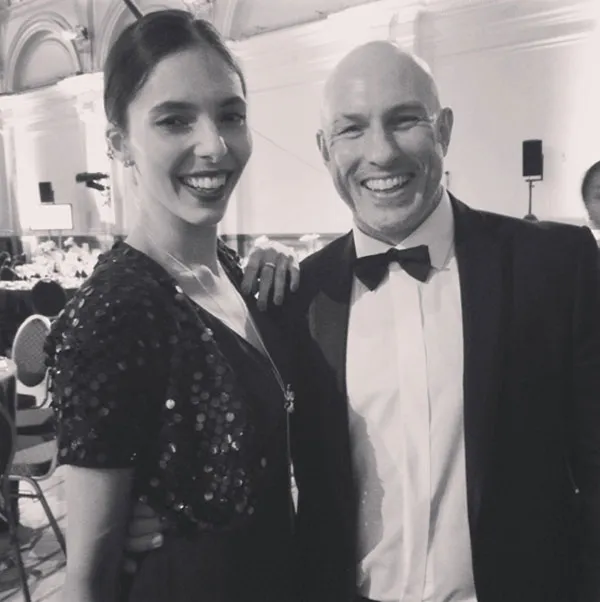
Data compression and privacy are issues smartphone holders worldwide face, but they are further pronounced in India for technical and cultural reasons respectively. Meera points out that “despite a rise in 3G subscriptions, video remains heavy on data.” She says: “We've worked hard on engineering a product focused on compression, so videos sent via Reel are no bigger than two SMS messages. Reel even works over 2G, a huge achievement for video-based media.”

She adds: “Privacy is taken very seriously and we're committed to protecting Reel's in two ways: firstly, the ephemeral nature of our app ensures videos auto-delete upon watching. This also keeps Reel very light on the device, as it is all done via the cloud and nothing is stored on the phone or SD card. Secondly, only phone book contacts can share video messages; this dramatically reduces the likelihood of unsolicited messages and harassment. We've also implemented a zero-tolerance policy against harassment and improper use of the app.”
“One of the best parts about building a product, especially for India, is that if it works well there it will work well everywhere else.”
Reel has had an unexpected viral diffusion when it was first launched but, as the team has learnt, this does not equal full success in itself. “We released the product to a small test group before it was ready, because we were focused on getting feedback and learning. Users quickly invited others in and they rapidly increased to more than one and a half thousand - at which point, we discovered bugs that we hadn't been able to replicate previously. We've taken a step back from marketing the app, and are working hard to fix any bugs that have come up before releasing a new patch this week. I won't lie, it's been a bit stressful!”
The India team of 10 split between Bangalore and Mumbai is working hard to perfecting the app, which will continue to be distributed free to validate its quality. In the meantime, Reel is collecting feedback from its users aimed at individuating features they could later provide at a cost. Moreover, the team is working to customise the app for the business sector.
Here is a little example of how a photo-selfie and a video-selfie can give different tastes of the same content.
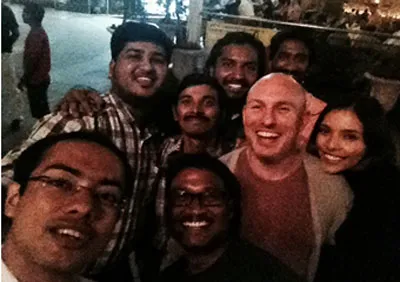
Meera has shared with us several thoughts about the social impact Reel could have. One of the impressive objectives on the team's agenda is the penetration of rural areas. Indeed, this could be a huge success: internal migrants in India count for more than one third of the total population (2013 estimate), and many of them are seasonal labourers. They could potentially benefit from Reel's power to facilitate visual and immediate communication which would help to stay in touch with their contacts in different locations.
The highly compressed dimension of the app and its ability to work over 2G make it very light on phone memory, but as of now only 10% of the Indian population owns a smartphone and 80% of mobile Internet users are in cities (Neilsen). Nonetheless, the under 25 population (i.e. almost half the country) has been showing keen interest in smart-phones, providing realistic possibilities for Reel to create a rural user base.
I ask Meera how often she uses Reel. “Constantly!” she replies, “Adam was in a meeting and I had to tell him something important, so I sent him a video. Just now, my cat was doing something funny, so I videoed his flips and sent it to my mum.”
One of the incredible things about starting up is the all-encompassing force that it involves. Meera and Adam started dating, then they worked together and finally they developed their own app. Now they communicate through the video sharing platform they created, and are putting their efforts to establish it as a standard means of interaction in India and in the world. Shortly, they will settle down in Bangalore.
It does not surprise me when Meera quotes C. S. Lewis' word: “Isn’t it funny how day by day nothing changes but when you look back everything is different? ”






